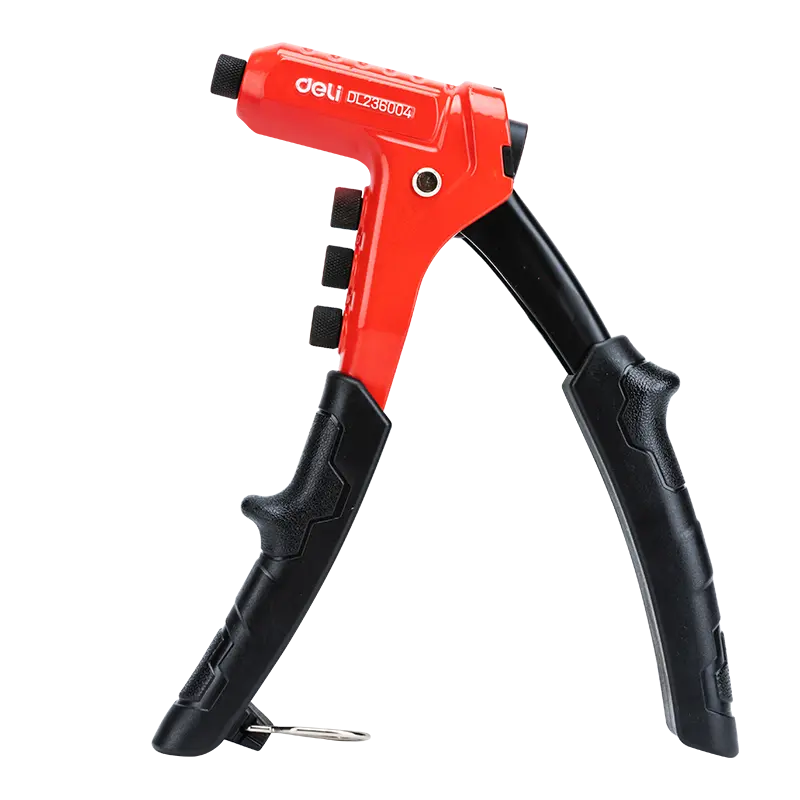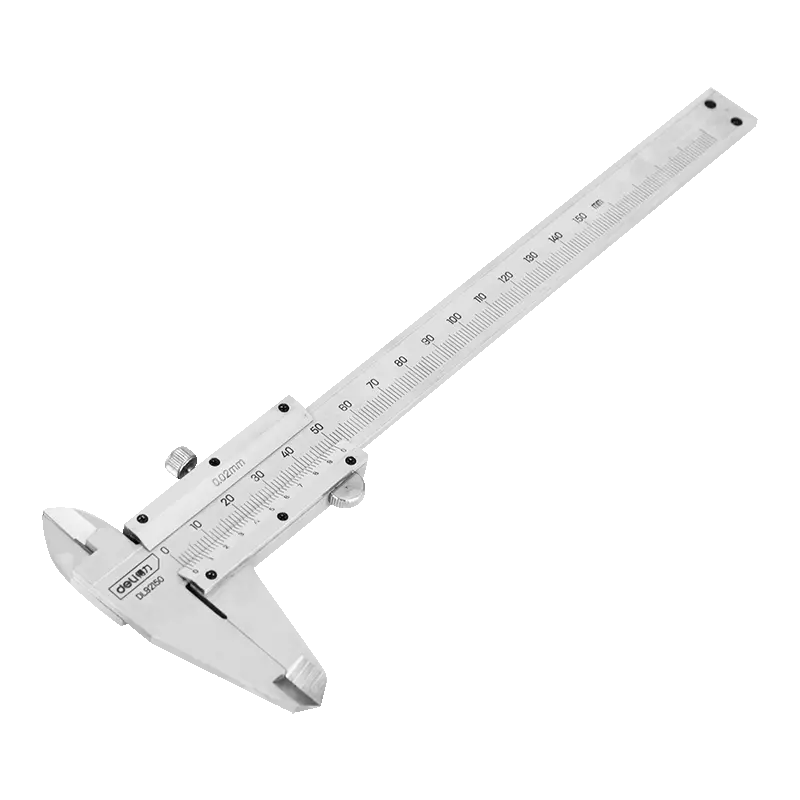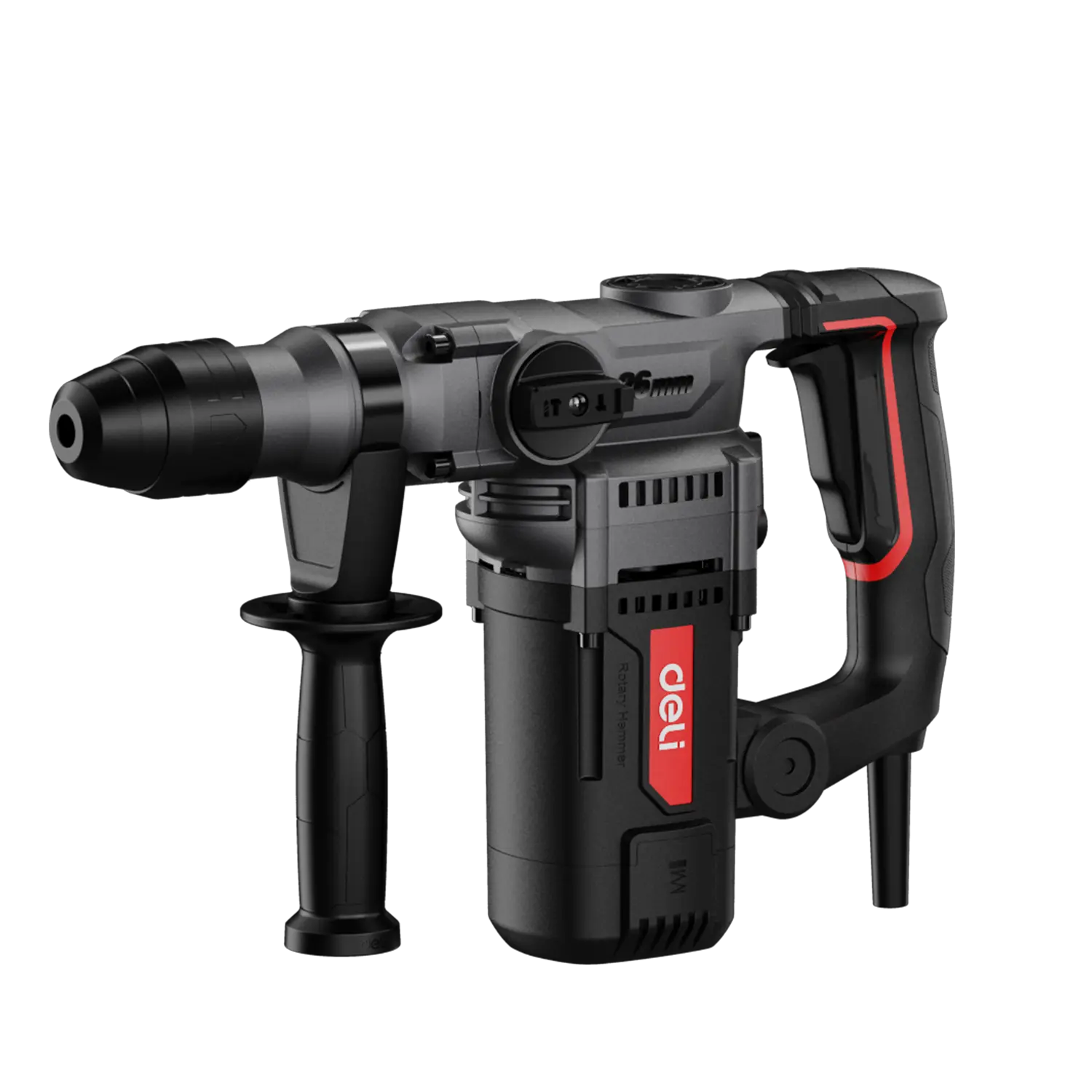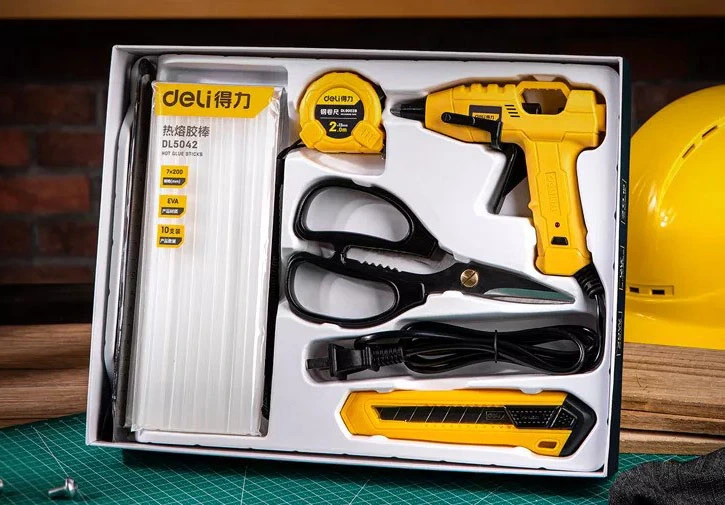For both novice and experienced woodworkers, the choice of cutting tools can significantly affect the quality, efficiency, and enjoyment of their craft. The right cutting tool not only makes the work easier but also ensures precision and safety. This guide will explore the essential cutting tools that should grace every woodworker's workshop, offering insights into their unique benefits and applications.
The Backbone of Woodworking: Hand Saws
Hand saws are the quintessential cutting tool in any woodworker's arsenal. From the versatile crosscut saw, perfect for making straight cuts across the grain, to the finer touch of a dovetail saw used for creating precise joints, hand saws from China garden hand tools manufacturers offer a level of control and intimacy with the material that power tools struggle to match. Key to mastering woodworking, these tools require a steady hand and an eye for detail, making them indispensable for both intricate joinery and rough sizing of lumber.
Power Saws: Speed and Precision Combined
When it comes to combining speed with precision, power saws are unmatched. The table saw, often considered the heart of the workshop, excels at straight cuts and is invaluable for batch processing timber to consistent dimensions. Meanwhile, the jigsaw offers unparalleled versatility, capable of executing intricate curves and patterns impossible for other saws. Learn more from the mitre saw supplier and circular saw supplier. For those looking to add texture or create complex joinery, the band saw's thin blade is perfect for resawing lumber and cutting tight curves. Each power saw brings its unique strengths to the table, making them key components of a well-equipped workshop.
Chisels: The Detailing Masters
No woodworking project is complete without the fine touches that only chisels can provide. From cleaning out dovetails and mortises to shaping and carving, chisels are the go-to cutting tool for detailed work. Their variety in sizes and shapes allows for precision work on complex joinery, ensuring that every piece fits together perfectly. A sharp chisel is not just a cutting tool; it’s a woodworker's paintbrush, capable of adding intricate details that elevate a project from good to great.
Specialty Cutting Tools: For the Unique Touches
Beyond the basics, there are specialty cutting tools designed for specific tasks that can greatly enhance a woodworker's ability to customize their projects. The coping saw, with its thin blade and fine teeth, is ideal for cutting tight curves and making intricate patterns in thinner stock. For creating custom shapes or duplicate parts, a router equipped with various bits can carve out wood with precision and speed. And when it comes to making quick and accurate dowel holes, a brad-point drill bit is unmatched. These specialized tools add finesse and versatility to any woodworking project.
In conclusion, the foundation of exceptional woodworking lies in understanding and utilizing the right cutting tools. Whether it's the tactile feedback of a hand saw, the raw power of a table saw, the precision of a chisel, or the specialized capabilities of routers and coping saws, each tool plays a crucial role in transforming wood from its raw state into a piece of art. Investing in these essential cutting tools will not only expand your woodworking skills but also enhance the quality and enjoyment of your craft. Cutting tools wholesale from Deli Tools Global.


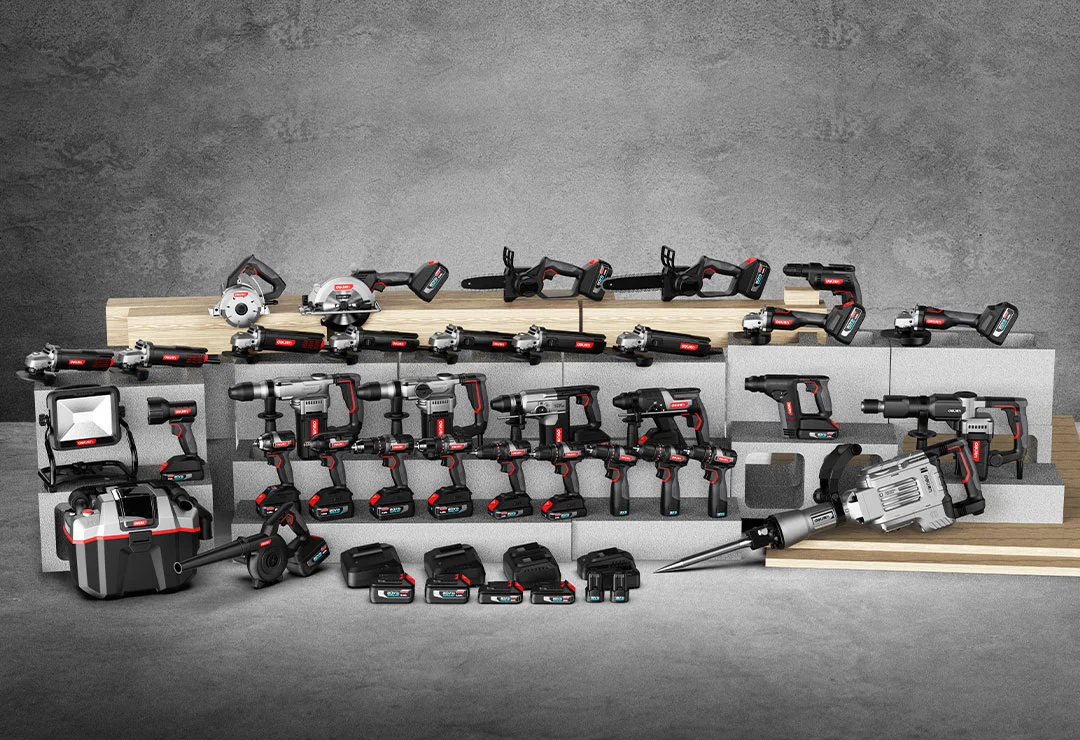
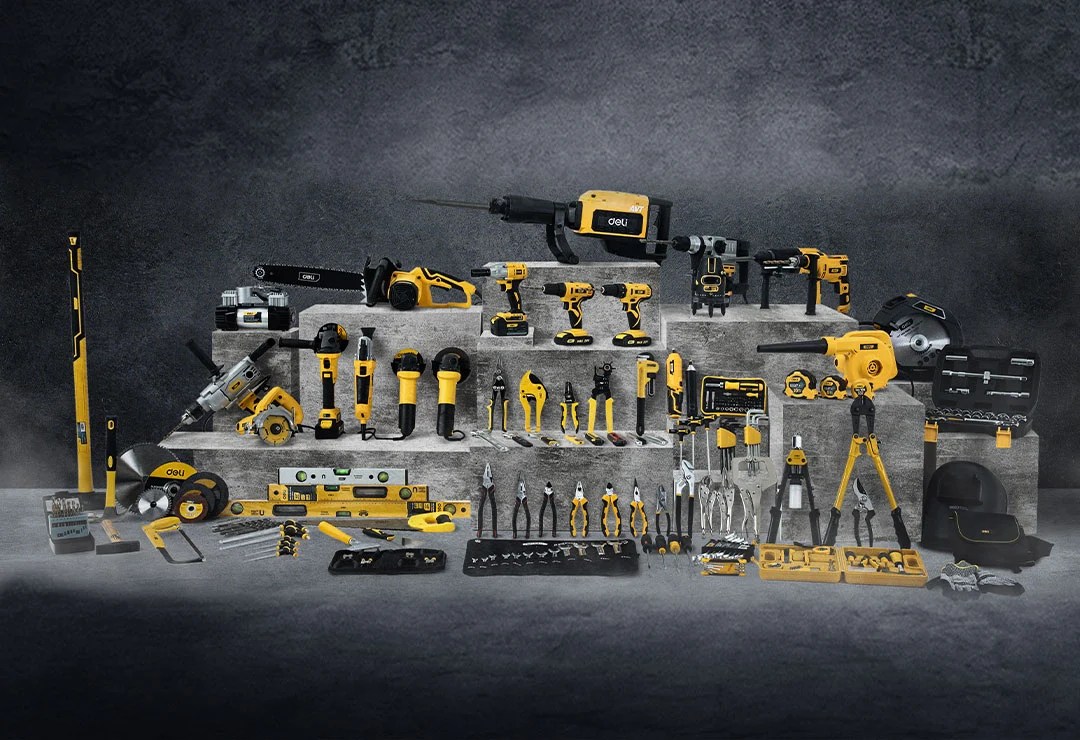
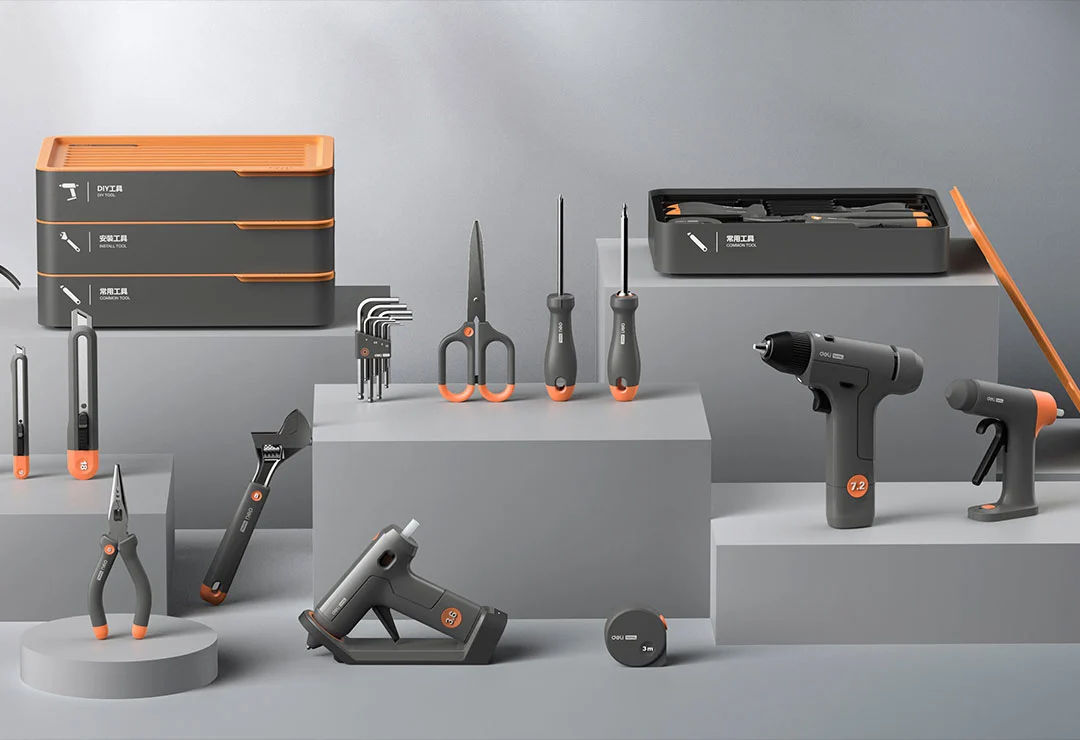
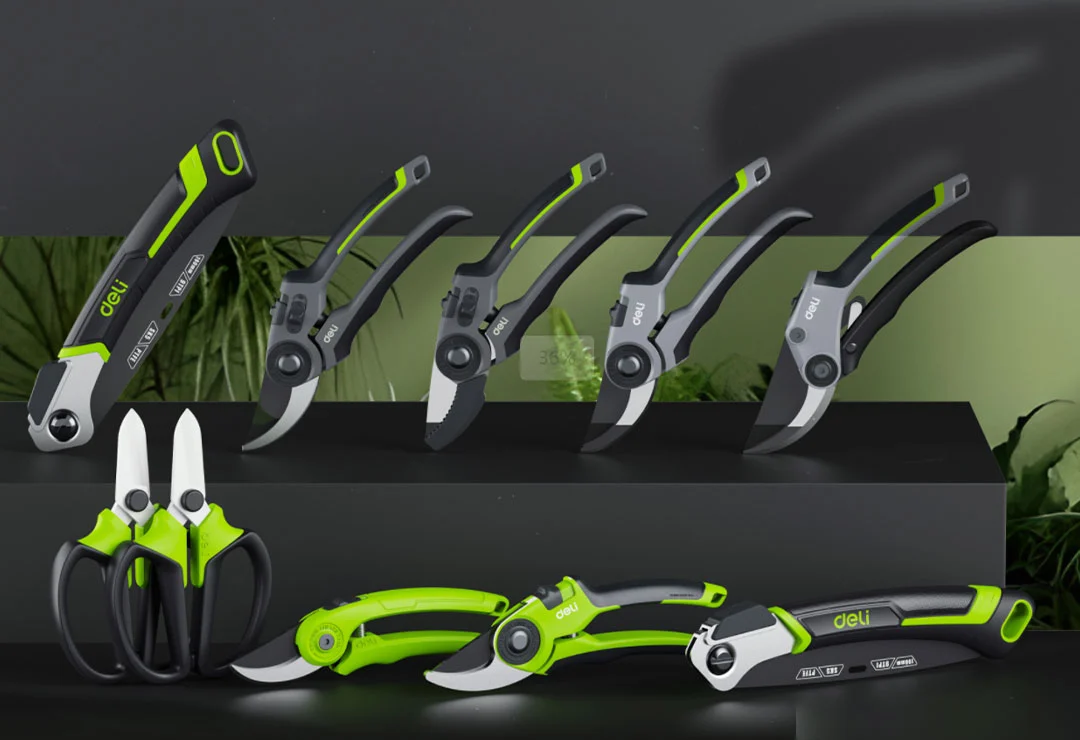
 EN
EN
 jp
jp  ko
ko  fr
fr  de
de  es
es  it
it  ru
ru  pt
pt  ar
ar  vi
vi  th
th  hi
hi  pl
pl  id
id  el
el 
